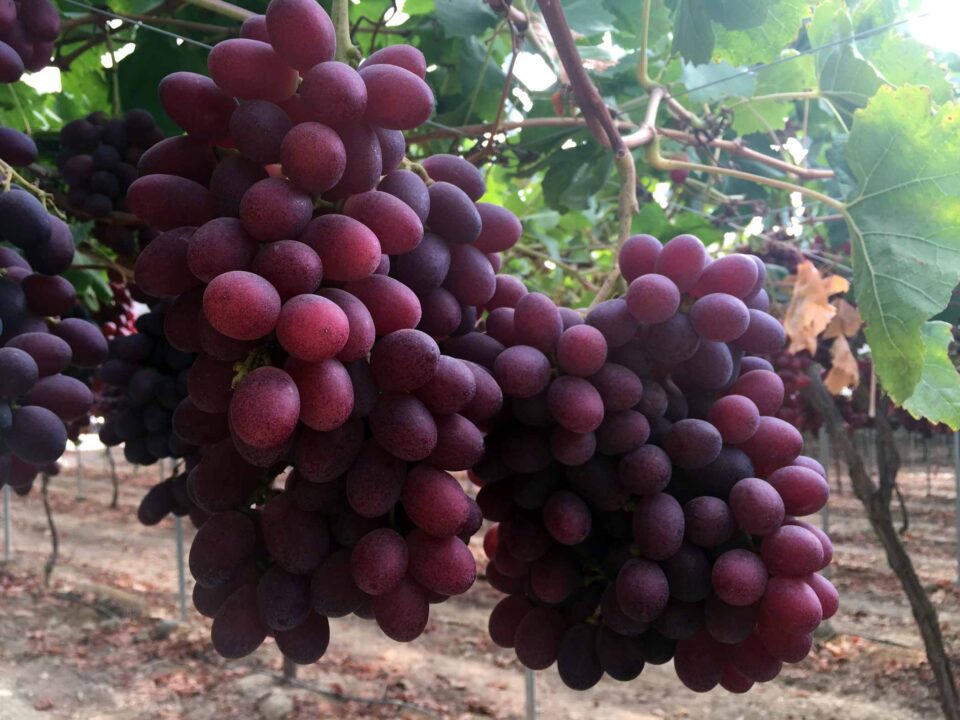This year, Egyptian fresh grape exporters not only matched the success of the previous season but also set a new sales record for their products to EU countries, reports EastFruit. In 2023, Egypt exported a record 70,000 tons of fresh grapes to the EU, and this year, that figure could reach 75,000 tons, pending the release of August trade data.

Egypt has significantly increased its presence in two key EU markets – the Netherlands and Germany, which together import 70% to 75% of all Egyptian exports. From January to July 2024, 34,000 tons of fresh grapes were sold to the Netherlands, a 14% increase over the total for 2023. Exports to Germany grew by 16% to 24,000 tons during the same period.
Read also: Egyptian super-mangoes set to conquer Southeast Asia soon
Ireland emerged as the third-largest importer of Egyptian products this year, more than doubling its purchases to 2,400 tons. Meanwhile, Italy dropped one position with 2,300 tons, followed by Slovenia, Austria, the Czech Republic, Finland, Poland, Spain, and several other smaller importing countries.

Egypt continued to leverage its seasonal advantage over other suppliers, remaining almost the sole exporter of fresh grapes to the EU in June and July. However, this same factor limits the potential for a sharp increase in Egyptian exports, as European consumers have many local alternatives to imported grapes in the summer, such as berries, stone fruits, and melons.
Nevertheless, Egypt confidently holds the fifth position among fresh grape exporters to the EU, behind only South Africa, Peru, India, and Chile. Among these top five, only Egypt and Peru have significantly increased their exports to the EU, growing their presence by 1.5 times from 2019 to 2023. In this regard, they are surpassed only by Moldova, whose exports rose by 80% to 38,000 tons in 2023.

Last year, EU countries imported a total of 841,000 tons of fresh grapes, slightly less than in 2022. In the first seven months of this year, imports reached 664,000 tons, one of the highest volumes in recent years. The Netherlands and Germany remain key importers of fresh grapes from outside the EU. Meanwhile, Poland ranked third in terms of import volumes last year, with 48,000 tons. However, the presence of Egyptian grapes in Poland remains limited, although Poland’s role as an importer of vegetables and fruits continues to grow in the global market.
To increase direct trade volumes between North Africa and Eastern Europe, on November 14, Warsaw will host negotiations between regional supermarket chains and suppliers of vegetables and fruits from Egypt and Morocco. Detailed information about the event is available on the website.
The use of the site materials is free if there is a direct and open for search engines hyperlink to a specific publication of the East-Fruit.com website.




